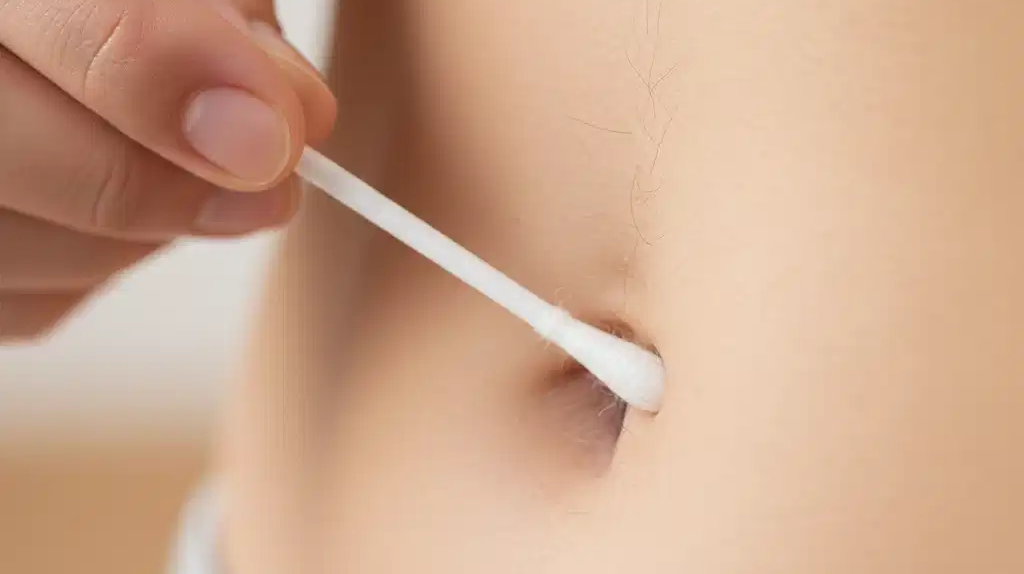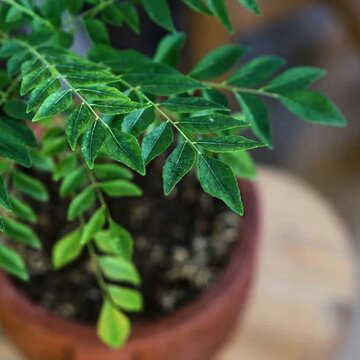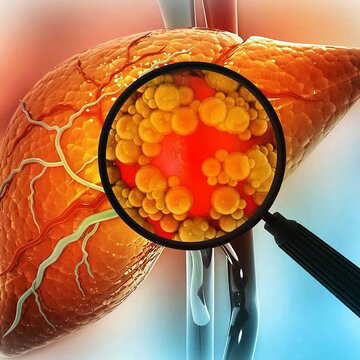Most people barely spare a thought for their belly button once their umbilical cord days are behind them. But this small, often-ignored fold of skin collects dirt, sweat and bacteria just like any other part of your body. And when you don’t clean it regularly, it can lead to odor, irritation and even infection.
The advice comes from a Cleveland Clinic's interview with internal medicine physician Dr Manjaree Daw, who explains why regular cleaning is essential and how to do it safely.
Also Read | Pack less, live more: 5 simple tips for smarter, lighter travelling
Why your belly button needs cleaning?
Your navel, whether an innie or an outie, is a warm spot where debris settles easily.
In her conversation with Cleveland Clinic, Dr Daw stresses that keeping it clean doesn’t require anything complicated. “I wouldn’t use anything else but soap and water. Soapy water works every time,” she told Cleveland Clinic.
How to clean an innie belly button?
Innie belly buttons trap more moisture and can hold dirt deep inside the skin folds. Dead skin can even harden into a rough lump.
Cleveland Clinic notes the following steps, based on Dr Daw’s guidance:
Use a cotton swab or washcloth corner with mild, fragrance-free soapy water.
Gently clean inside until the area feels smooth.
Dry the navel with a clean swab or towel corner.
Avoid lotions inside the navel, as added moisture encourages bacteria.
Dr Daw cautions against scrubbing hard, which can create tiny tears that invite infection.
How to clean an outie belly button
Outies sit on the surface and get more air exposure, making them easier to wash. Cleveland Clinic recommends simply lathering the area with mild soap, rinsing well and drying thoroughly.
If you have a belly button piercing
A fresh piercing creates an opening where bacteria can easily enter. Cleveland Clinic advises following professional aftercare instructions until it heals.
After healing, you can wash it normally with mild soap, following Dr Daw’s gentle-care approach.
What happens if you don’t clean your belly button?
Foul odor- Sweat, dirt and dead skin trapped inside can lead to a strong smell.
Yeast infections- Moist, unclean navels can cause Candida to overgrow, leading to redness, itchiness and discharge.
Dr Daw notes that daily cleaning is safe as long as you’re gentle and avoid harsh products.
She concluded by saying, “If your belly button is painful or you have discharge and you don’t know what’s going on down there, make an appointment to see your primary care provider.”











